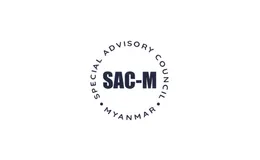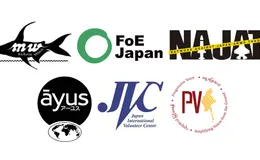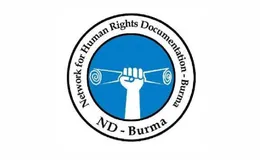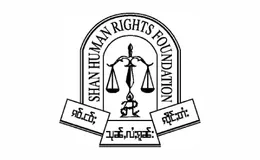PV Statement
31 March 2025
သတင်းထုတ်ပြန်ကြေညာချက် – မြန်မာနိုင်ငံရှိ ငလျင်ဒဏ်သင့် သက်ရှင်ကျန်ရစ်သူများနှင့် ထိခိုက်ခံစားရသည့် လူထုများအတွက် သဘာဝဘေးအန္တရာယ်ဆိုင်ရာ ကူညီကယ်ဆယ်ရေးအတွက် အရပ်ဘက်လူထုအဖွဲ့အစည်းများတောင်းဆို
PV Press Release
23 April 2025
Emergency Seminar: Earthquake in Central Myanmar – Delivering Aid to the People
PV In the News
30 April 2025
Myanmar junta accused of hoarding aid as local groups scramble to respond to earthquake
Statements & Press Releases

Press Release
2025-04-28T13:53:45
အဓမ္မစစ်မှုထမ်းစေခြင်း – မြန်မာနိုင်ငံရှိ အတင်းအကြပ် စစ်မှုထမ်းစေခြင်း၏ လက်တွေ့အခြေအနေများ” အစီရင်ခံစာထုတ်ပြန်ခြင်း
Reports
Announcements
28 February 2025
Asian NGO Network on National Human Rights Institutions , CSO Working Group on Independent National Human Rights Institution (Burma/Myanmar)
Open letter: Removal of the membership of the dis-accredited Myanmar National Human Rights Commission from the Southeast Asia National Human Rights Institution Forum

Progressive Voice is a participatory rights-based policy research and advocacy organization rooted in civil society, that maintains strong networks and relationships with grassroots organizations and community-based organizations throughout Myanmar. It acts as a bridge to the international community and international policymakers by amplifying voices from the ground, and advocating for a rights-based policy narrative.
Copyright © 2017 - 2025 All Rights Reserved - Progressive Voice (PV)
Website by Bordermedia 










